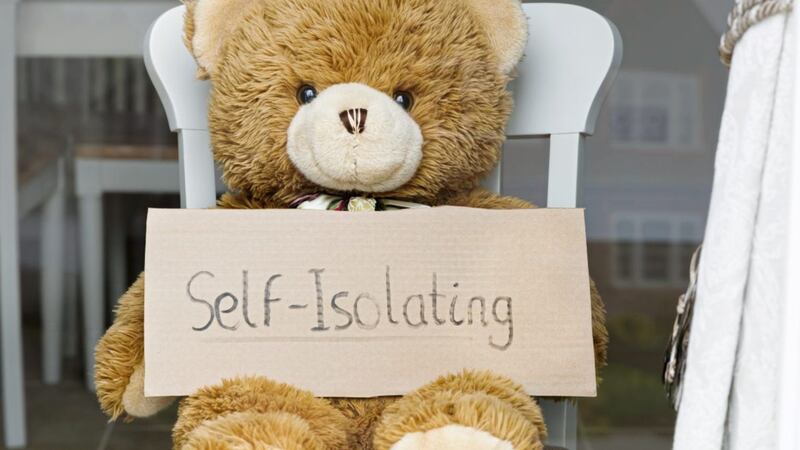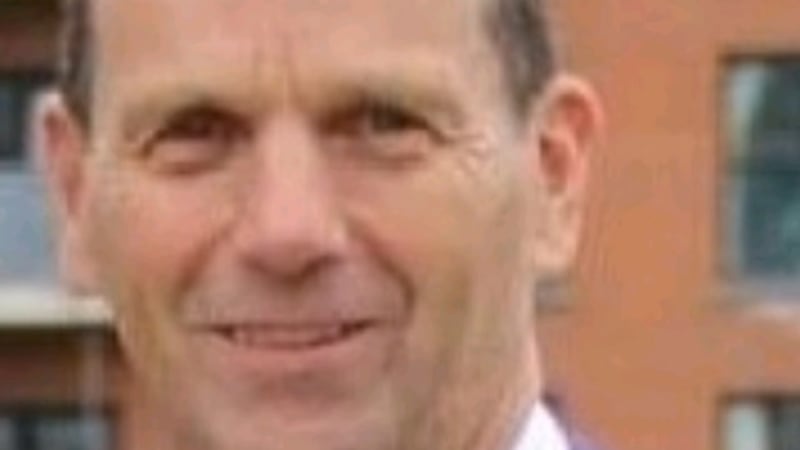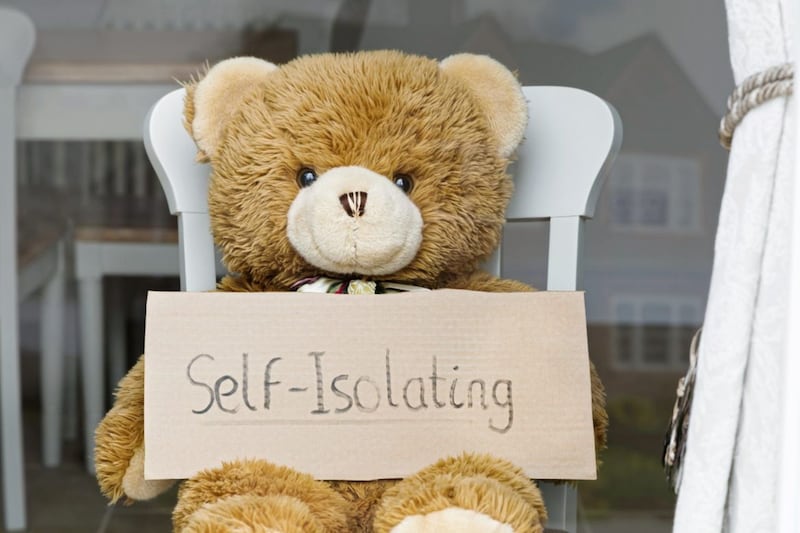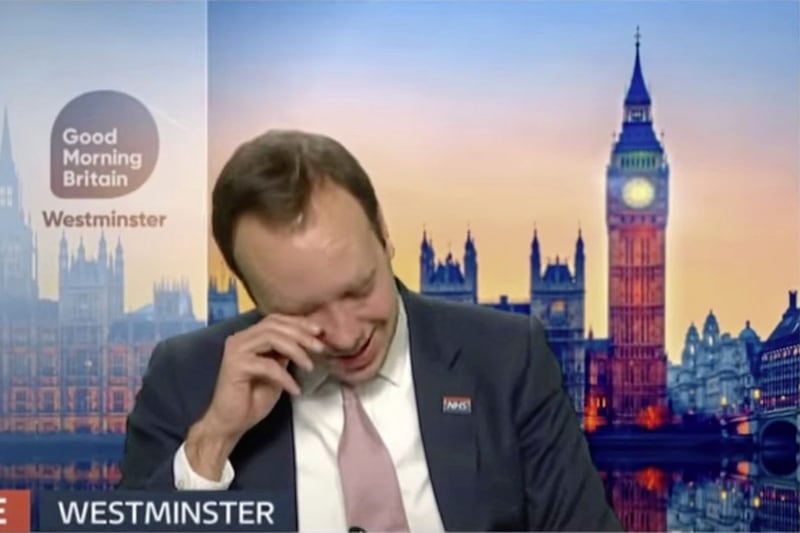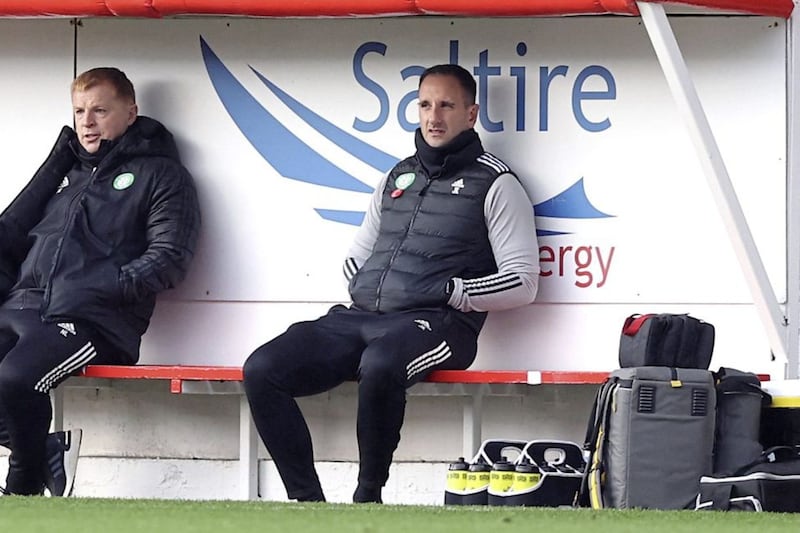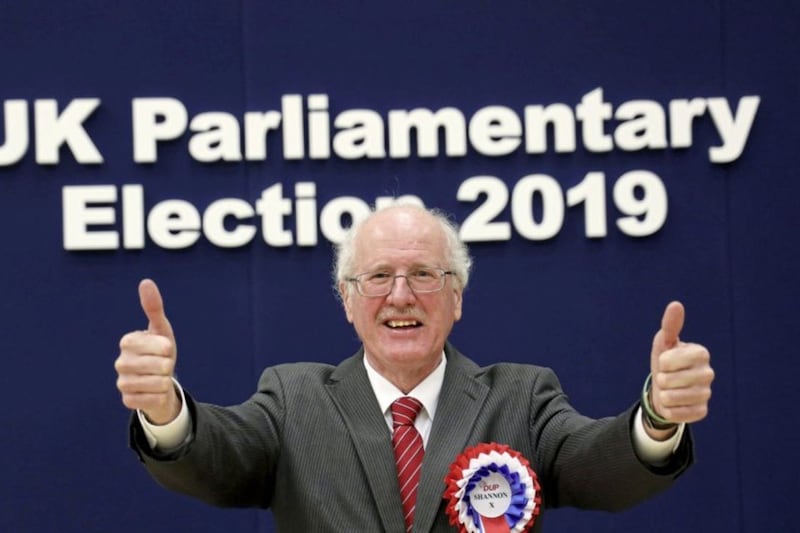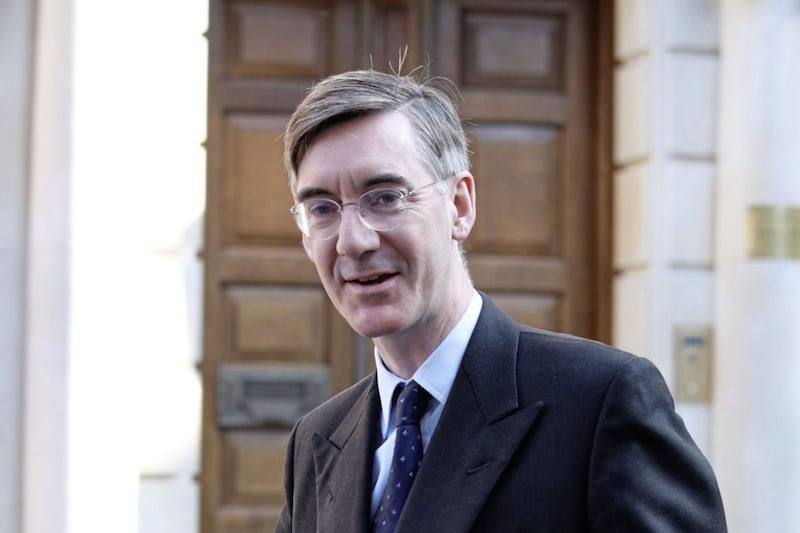Rules on self-isolation in Northern Ireland are to be relaxed, Stormont ministers have agreed.
People who are close contacts of positive cases will no longer have to isolate for 10 days, as long as they test negative and have had both jabs of a Covid-19 vaccine, the PA news agency understands.
The move, which was agreed at a virtual meeting of the powersharing Executive and comes into effect on Monday August 16, brings Northern Ireland into line with rule changes already agreed for Britain.
At today’s meeting, ministers also agreed to end class bubbling arrangements in schools.
However, ministers decided to retain the use of face coverings in post-primary school classrooms for the first six weeks of the new term.
The PA news agency understands that other restrictions have been relaxed, including the removal of the cap on the number of people who can gather together outside in domestic gardens; the end of household bubbling arrangements; the removal of social distancing requirements on public transport; and the removal of a six-person limit at tables in hospitality venues.
The removal of the six-person table limit will also apply to wedding receptions.
Ministers have also agreed that conferences and exhibitions can resume.
There will also be a full return to face-to-face onsite learning at universities and further education colleges.
The Executive's advice for people to work from home if they can remains unchanged.
Deputy First Minister Michelle O’Neill said the change to the self-isolation rules would also apply in school settings.
She said the decisions taken by the Executive were “cautious” and “proportionate” to the current high infection rates.
Ms O’Neill said health officials had advised that the north was currently at the peak of the current wave of infections and numbers should start dropping in the coming weeks.
She said the Executive would be in a better position to make decisions on remaining restrictions come the first week of September.
“Hopefully what we’ve done today is to demonstrate that with the public support we’re continuing to make progress,” she told reporters in Coalisland, Co Tyrone.
“We’re not there yet but we’re certainly getting there and we’re hoping that we’ll start to see a fall in the number of positive cases daily over the coming weeks.”
Ms O’Neill again stressed the need to increase vaccine uptake.
“It’s not about vaccine shaming or anything like that but anybody who hasn’t had the vaccine yet we would encourage people to please take it up, it’s the best thing we can do,” she said.
First Minister Paul Givan said he would have liked the Executive to have moved further around some of the restrictions on hospitality, particularly the continuing requirement for table service only.
“We’re looking at weighing up everything in the round so there are changes that I would have liked to see taken further today, particularly around hospitality,” he said.
“I know when it comes to the ability to stand up, the removal of the table service, where people are having to be seated and to be served their food, has an increased cost in terms of the staffing of that, and that’s something that I wanted to see lifted today.
“Other colleagues in different parties didn’t take that approach, so we then had to find consensus and we ultimately were able to agree on quite a wide range of areas, but yes there were areas that I would like to have seen further progress made.”
Mr Givan expressed hope that all remaining regulations could be removed by the end of September.
He said Northern Ireland had to move away from trying to regulate its way out of the pandemic, with greater reliance instead placed on guidance, best practice and personal responsibility.
“Certainly from my party’s perspective, we’re getting to the point where personal responsibility, taking informed decisions at an individual level is how we need to address this,” he said.
“The justification to have regulations in place for this is diminishing and I don’t believe it is proportionate. But that’s something that the Executive will come to an agreed position on over the next number of weeks.”
Ministers had met for the first time in two weeks amid continuing high infection rates in Northern Ireland.
Transmission rates in the north are the highest in the UK.
For the seven days up to August 1, the north's infection rate was 445.3 per 100,000 of the population.
This was almost twice as high as the rate in England (282.1) and more than three times as high as the rate in Scotland (143.6) and Wales (141.5).
Ahead of the meeting, Economy Minister Gordon Lyons said the current requirement for people to isolate for 10 days was having a negative impact on businesses.
“Combined with the difficulties that already exist within the labour market, the self-isolation rules that we have in Northern Ireland are causing real issues,” he told BBC Radio Ulster.
“We’re obviously behind the rest of the UK on this.”
Read More: Education minister calls for scrapping of school Covid rules
